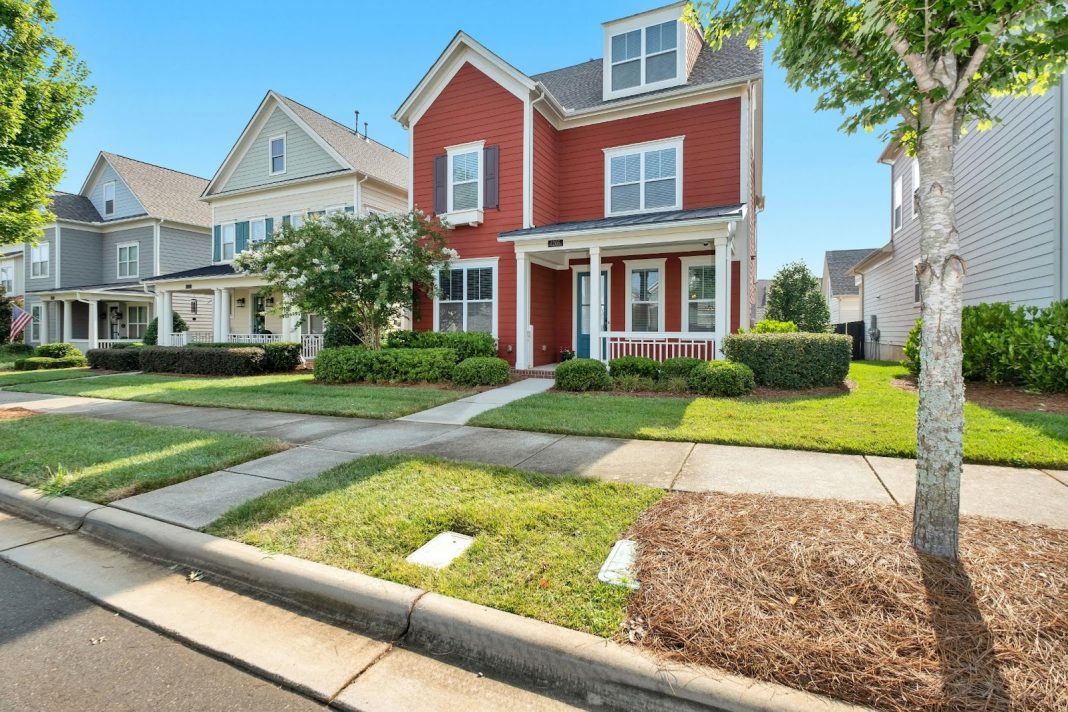Introduction: Protecting Your Home’s Value
As a homeowner, maintaining the value of your property is essential for long-term financial security. However, certain factors can negatively impact the value of your home, potentially leading to decreased resale value or difficulty in attracting buyers. In this guide, we’ll explore seven factors that could devalue your home in 2024 and provide tips on how to mitigate their effects. Working closely with experienced estate agents in Cobham can also offer invaluable insights and guidance on preserving and enhancing your property’s value in the local market.
1. Neglected Maintenance and Repairs
One of the most significant factors that can devalue your home is neglecting regular maintenance and repairs. Issues such as leaky roofs, plumbing problems, or peeling paint not only detract from the aesthetic appeal of your home but also indicate to potential buyers that the property may have underlying issues. To maintain your home’s value, prioritize routine maintenance tasks and address any repairs promptly to prevent small problems from escalating into larger, more costly issues.
2. Outdated or Poorly Designed Interiors
In today’s competitive property market, homebuyers are increasingly drawn to modern, well-designed interiors. Outdated decor, inefficient layouts, or poorly executed renovations can detract from the overall appeal of your home and lower its value. Consider updating your interiors with contemporary finishes, functional layouts, and stylish decor to enhance the marketability of your property and attract discerning buyers. Ensuring that your property stands out among the houses for sale in Cobham and appeals to potential buyers.
3. Lack of Energy Efficiency Features
With growing awareness of environmental issues and rising energy costs, homebuyers are placing increasing importance on energy efficiency features when considering a property. Homes lacking energy-efficient upgrades such as double-glazed windows, insulation, or energy-efficient appliances may be perceived as less desirable and could experience decreased value as a result. Invest in energy-saving upgrades to improve your home’s efficiency and appeal to eco-conscious buyers.
4. Poor Curb Appeal
First impressions matter when it comes to selling your home, and a lack of curb appeal can significantly devalue your property. Overgrown gardens, cracked driveways, or faded exteriors can give the impression of neglect and detract from the overall attractiveness of your home. Enhance your home’s crystal trophies curb appeal by maintaining a well-manicured garden, refreshing exterior paintwork, and updating outdoor features such as lighting and landscaping.
5. Undesirable Neighbourhood Developments
Changes in the surrounding neighbourhood can also impact your home’s value, particularly if they are perceived as negative by potential buyers. Factors such as increased crime rates, declining local amenities, or nearby developments that negatively impact privacy or views can all contribute to decreased property values. Stay informed about developments in your neighbourhood and consider how they may affect your home’s appeal and value.
6. Structural Issues
Structural issues such as foundation problems, subsidence, or structural damage can have a significant impact on your home’s value and marketability. These issues not only detract from the structural integrity of your home but also raise red flags for potential buyers, leading to decreased interest and lower offers. Address any structural issues promptly and enlist the help of qualified professionals to assess and rectify the problem to safeguard your home’s value.
7. Economic Instability
External economic factors can also influence the value of your home, with periods of economic instability or recession often leading to decreased property values. Factors such as rising interest rates, job losses, or changes in government policy can all impact the housing market and contribute to decreased property values. While these factors may be beyond your control, staying informed about economic trends and seeking professional advice can help you navigate uncertain times and minimize the impact on your home’s value.
Conclusion: Protecting Your Home’s Value
As a homeowner, it’s essential to be aware of the factors that could devalue your property and take proactive steps to mitigate their effects. By prioritizing maintenance and repairs, updating your home’s interiors, investing in energy efficiency features, enhancing curb appeal, staying informed about neighbourhood developments, addressing structural issues, and staying abreast of economic trends, you can protect your home’s value and ensure its long-term financial stability. By being proactive and vigilant, you can safeguard your investment and enjoy peace of mind knowing that your home maintains its value in 2024 and beyond.








